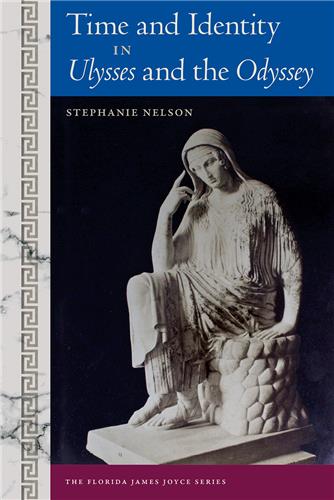The Geopoetics of Modernism
Rebecca Walsh
“An original book that contributes to major critical conversations in ecocriticism, space and spatiality, geopolitics, and poetry studies. Walsh tells a clear, compelling, and convincing story about geography's role in shaping experimental poetry.”--Marsha Bryant, author of Women's Poetry and Popular Culture
The Geopoetics of Modernism is the first book to illuminate the links between American modernism and the geographic discourse of the time. Rebecca Walsh explores Walt Whitman's, Gertrude Stein's, Langston Hughes's, and H.D.'s engagements with contemporary geographic theories and sources--including the cosmological geography of Alexander von Humboldt and Mary Somerville, the environmental determinism of Ellen Churchill Semple, and mainstream textbooks and periodicals--which informed the formal and political dimensions of their work.
Walsh argues that the dominant geographic paradigms of the nineteenth and twentieth centuries gave license to experimental writers who were breaking with other forms of authority, enabling them to create transnational forms of belonging on the exhilarating landscape of nations, continents, and the globe. By examining modernism alongside environmental determinist geography, she maps a poetic terrain where binaries such as west versus non-west or imperial center versus colonial periphery are destabilized. The Geopoetics of Modernism reveals the geographic terms through which American modernist poetry interrogated prevailing ideas of orientalism, primitivism, and American exceptionalism.
Rebecca Walsh is assistant professor of English at North Carolina State University.
No Sample Chapter Available
Employing the geographical theories of Alexander von Humboldt and Ellen Churchill Semple, Walsh analyzes the poetry of four American modernists: Walt Whitman, Langston Hughes, Gertrude Stein, and H.D. . . . Recommended.
--Choice
A corrective to previous approaches to the geographical dimensions of modernist literature, which have predominantly focused on narrative rather than poetry. . . . Recalibrate(s) our understanding of how the United States as a superpower envisioned the reaches of its cultural hegemony and how, in turn, different subjects were able to imagine alternative routes out of the reaches of its geographic spread. . . . An original and meticulous take on our understanding of the geopolitics of the first half of the twentieth century.
--American Literature
Well-argued and crisply expounded, Walsh's excellent book contributes generously not only to the 'spatial turn' in modernist studies but also to the burgeoning study of American modernism.
--Literary Geographies
Brings to the fore an issue that has received scant attention in environmental and ecological approaches to literature: environmental determinism....Walsh’s excellent study charts out yet another way in which ecological critics might refine and extend their considerations of literature and “the environment.”
--Interdisciplinary Studies in Literature and Environment
Provocative.
--Transatlantica
Successfully positions poetic modernism, academic geography, and non-academic geography in a thought provoking and dynamic terrain of debate. The Geopoetics of Modernism exposes a number of fascinating literary geographies found in the works of Walt Whitman, Langston Hughes, Gertrude Stein, and H.D., and creates convincing links between their poetry and the existing geographic discourses of their times.
--Social and Cultural Geography
Reveals the extraordinary linkage between geography and experimental modernist poetry. Through lucid prose, deft textual analysis and strikingly decisive arguments, Walsh reveals that there is much to be gained by putting these two seemingly disparate but intimately interwoven discourses in dialogue.
--Literature and History












